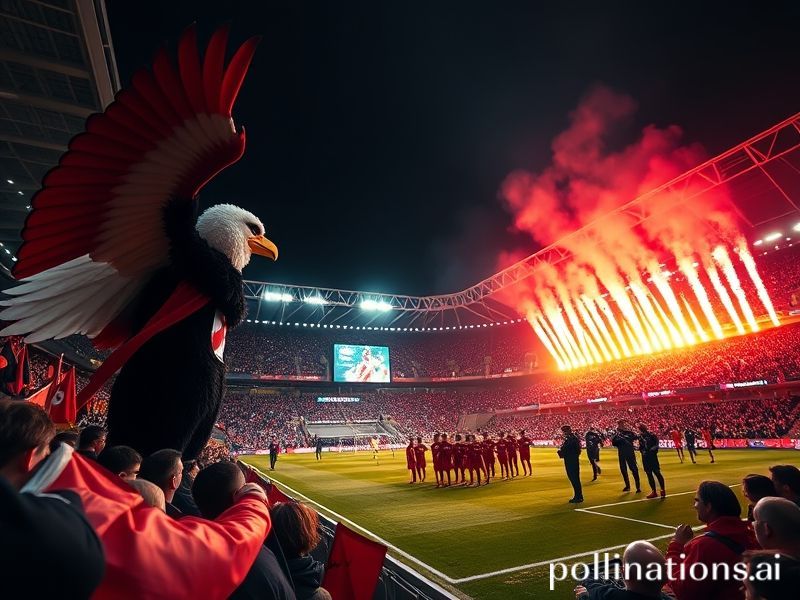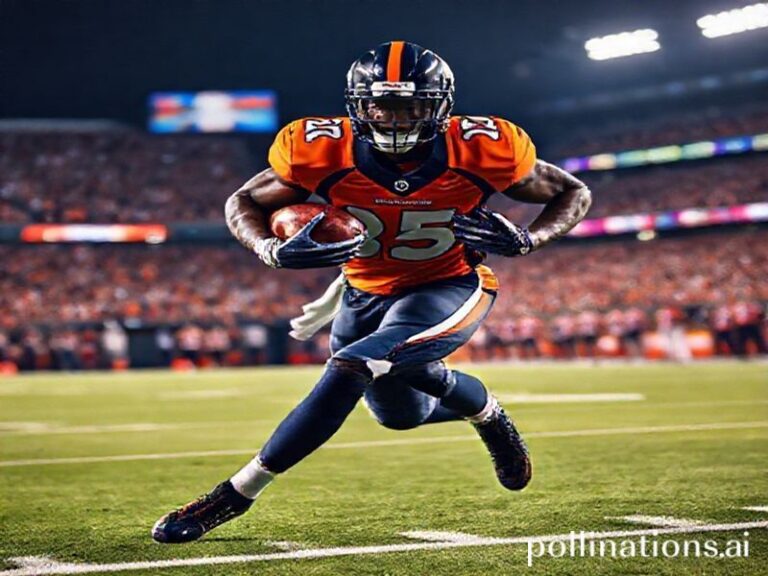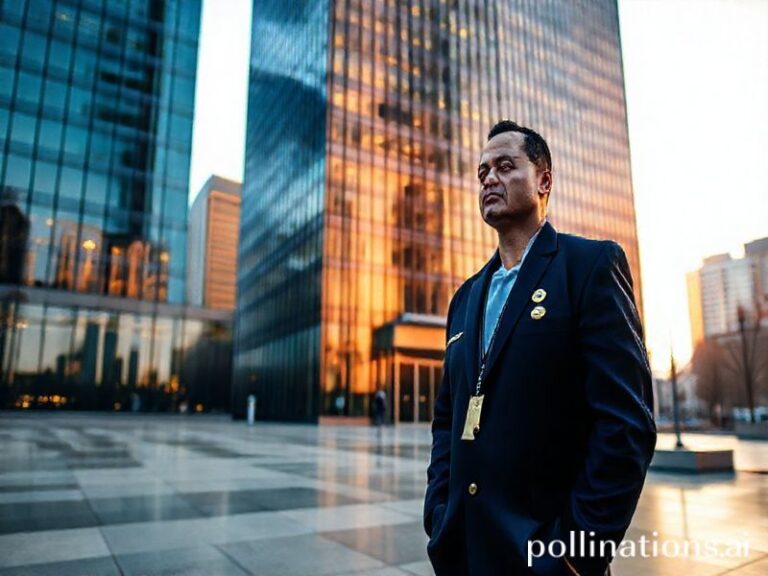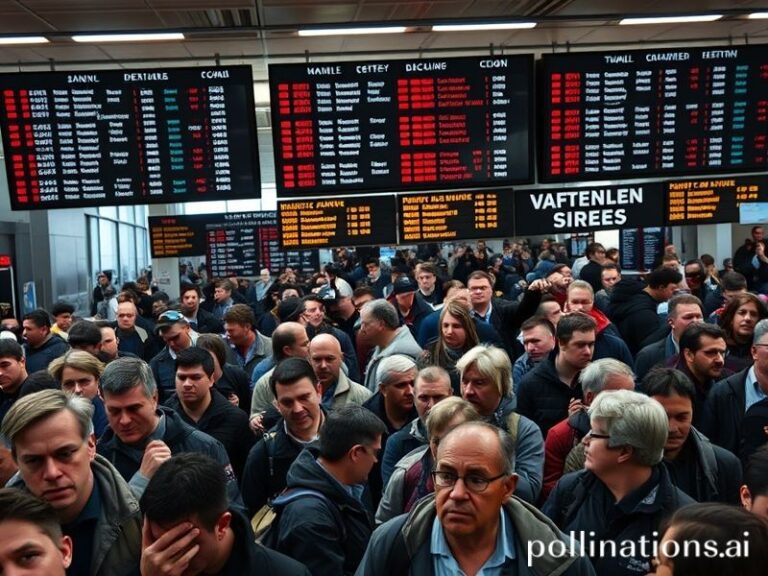Eintracht vs Galatasaray: A Thursday Night Rumble That Outsourced the World
Thursday night in the Europa League’s velvet-rope district, Eintracht Frankfurt and Galatasaray meet in a fixture that sounds like a regional spat but reverberates well beyond the Rhine and the Bosphorus. On paper it’s merely Matchday Whatever—three points, a clean sheet, maybe a souvenir scar for the physio’s scrapbook—but in our end-stage-capitalism era of football, every whistle is also a geopolitical seismograph.
Frankfurt arrives carrying the Bundesliga’s latest export strategy: young talents groomed like truffle pigs to be sold at peak musk. The club’s sporting director has already warned supporters not to get “too attached” to anyone who can sprint in a straight line, a line that doubles as marriage advice in 2023. Across the halfway line, Galatasaray land with a squad that looks like a United Nations sanctions list: Colombian wingers, Danish target men, and a Moroccan midfielder whose surname is already being spell-checked by Premier League interns. Their owner’s fortune, meanwhile, is indexed to a construction empire currently propping up Istanbul concrete prices—and, by extension, Turkish lira volatility—so every misplaced pass is a potential Bloomberg headline.
Viewed from the global cheap seats, the game is a stress test for two competing models of soft power. Germany weaponizes its fan culture (pyro, choreo, and a stadium loud enough to drown out supply-chain anxieties) while quietly laundering reputations for fossil-fuel sponsors whose logos glow greener than their business plans. Turkey, not to be outdone, answers with noise levels that violate several NATO decibel protocols and with a president who once publicly congratulated the squad for “showing Europe our strength,” apparently forgetting that UEFA still counts own goals on the balance sheet.
The implications ripple outward like spilled ouzo. In Singapore, a hedge-fund algorithm scrapes live data to arbitrage shirt-sponsor stock. In Lagos, an illegal stream buffers just long enough for a betting syndicate to hedge against the over. In Washington, an undersecretary for sports diplomacy (yes, that’s a job) files the match report under “cultural engagement,” right next to the memo about exporting Taylor Swift. Meanwhile, the carbon footprint of 3,000 traveling Galatasaray fans—each clutching duty-free Toblerone like edible visas—will be offset by planting two saplings somewhere in Anatolia, both of which will die of embarrassment.
On the pitch itself, the tactical subplot is equally freighted. Frankfurt press high because their analytics guy read a blog post about “industrial gegenpressing” and thought it sounded like a promising ETF. Galatasaray prefer to sit deep and counter, partly because their legs are older than German skepticism about tap water, and partly because every transition attack doubles as a metaphor for Turkish economic policy: wait for foreign error, sprint like hell, pray the finish doesn’t hit the customs official.
Should Frankfurt win, expect a think-piece in The Economist about “the exportability of Teutonic efficiency.” If Galatasaray prevail, expect the Turkish sports minister to declare the result “a victory for the nation’s will,” conveniently ignoring that the nation’s will is currently 70% inflation and 30% WhatsApp rumors. Either way, a Swiss referee will be blamed on social media by dawn, proving that neutral countries are only neutral until Wi-Fi arrives.
When the final whistle blows, the players will swap shirts manufactured in the same Bangladeshi sweatshop, pose for selfies destined to sell crypto in territories neither side could locate on a map, and retreat to dressing rooms where the shampoo bottles are labeled in seventeen languages, none of which include “perspective.” Fans will stream back into a world teetering on the edge of late-night punchlines, clutching the fleeting conviction that 90 minutes of leather and lungs can still make the planet feel smaller, louder, and fractionally less doomed.
And somewhere in the executive boxes, a corporate host will already be rehearsing next year’s hospitality slogan: “Football: the last shared delusion before climate collapse.” You have to admire the honesty.







